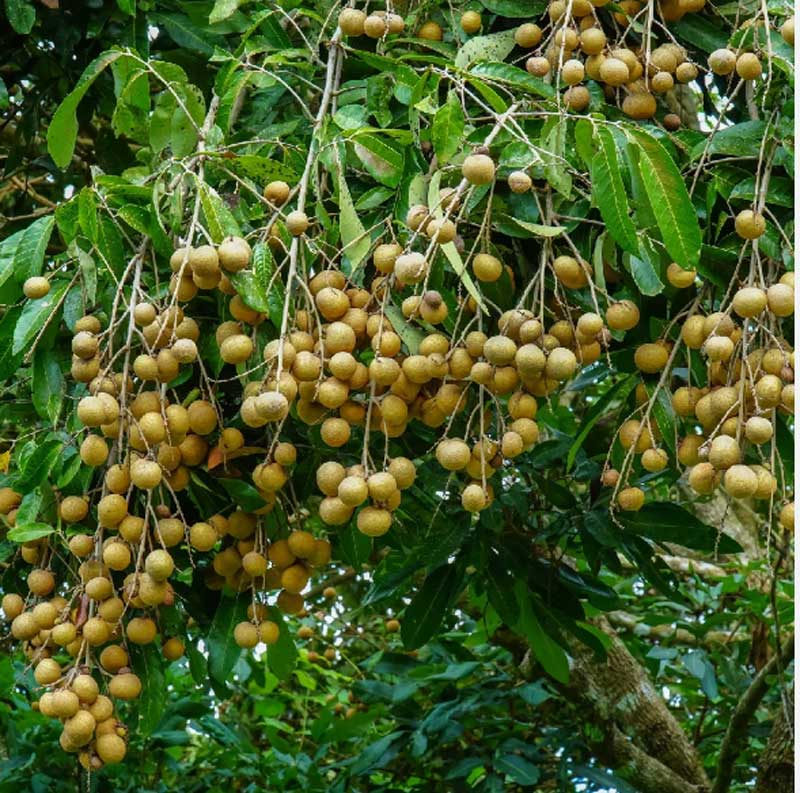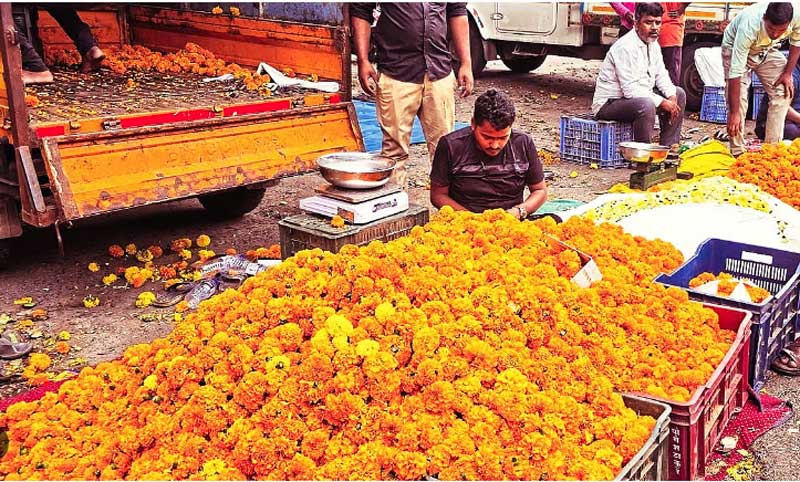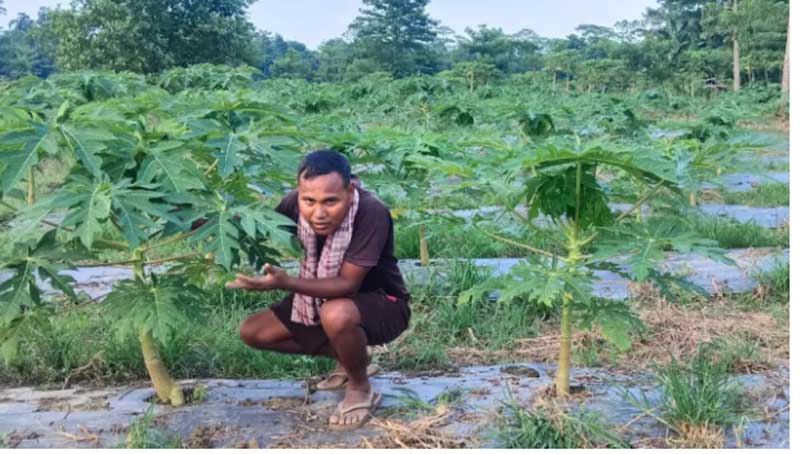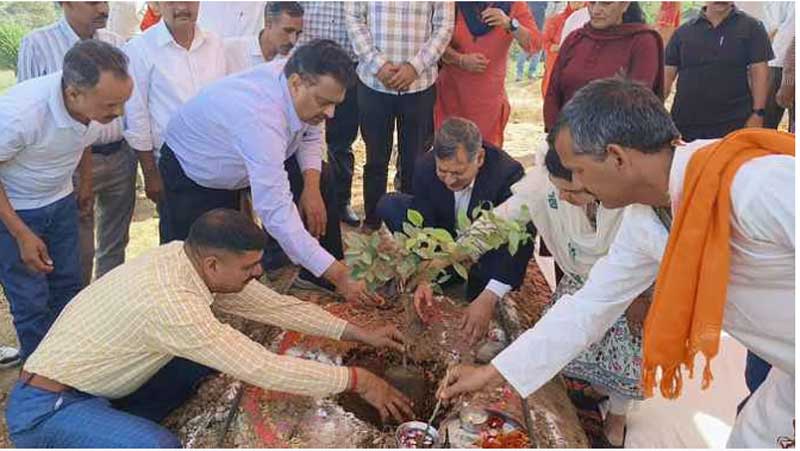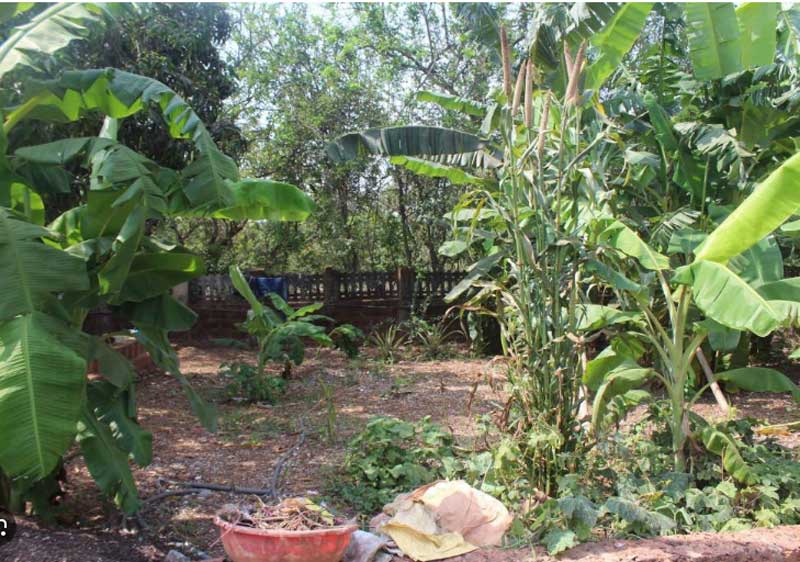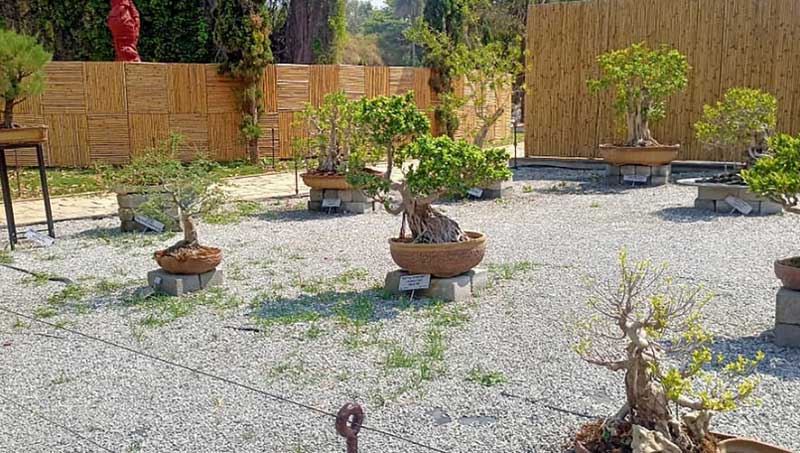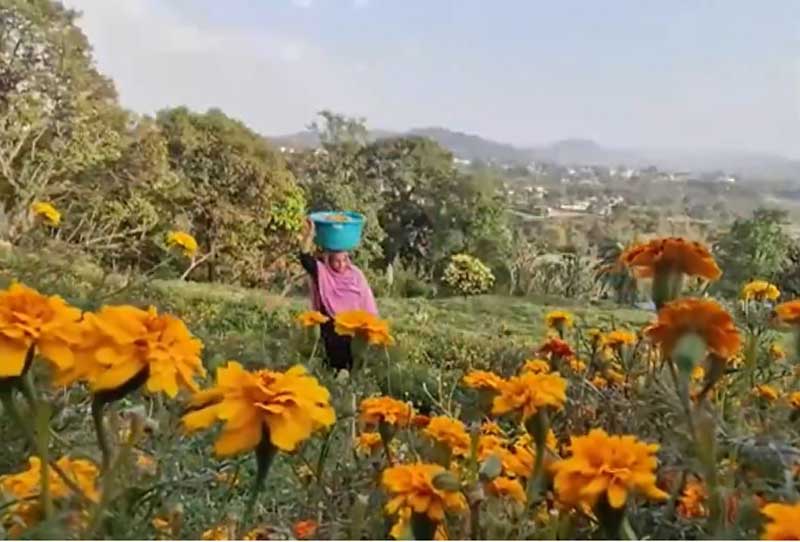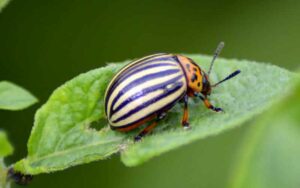Mango growers face severe losses amid mealybug infestation
Patna: Mango farmers have to face several challenges during winter, including mealybug infestation in the region of Bihar. In the month of December, this pest starts climbing mango trees; if it is not checked immediately, then it would be very difficult to remove them. Spraying pesticides during flowering can harm the flowers, disrupt pollination, and damage young fruits, severely impacting mango production.
Mealybugs begin attacking the mango flowers as soon as they bloom, leading to ruining the fruit. This pest has been responsible for the significant loss to mango growers. The moment mealybugs climb the trees, then the farmers don’t have any choice except spraying to eradicate the pests.
To eliminate the mealybugs, farmers need to spray a solution of 2 ml Dimethoate 20 EC per liter of water on the tree branches. This would control the pest population. However, care should be taken to protect beneficial insects. Therefore, experts advise that spraying should take place in the evening when friendly insects are less active.
Also Read: Horticulture University gears up to start annual fruit plant sale
Wrap a 30 cm-wide polythene strip around the trunk, 1-1.5 feet above the ground, and apply grease. This prevents nymphs from climbing the tree. Plow the soil around the tree and mix 250 grams of chlorpyrifos dust per tree to kill pests hiding in the ground. Clean orchards and plow them during summer to expose eggs and adult mealybugs to birds and sunlight, killing them naturally.
The process has to be completed by the end of December or the first week of January at the latest. In case of delay, mealybugs will climb the tree again. In this situation it is advisable to spray Dimethoate 30 EC (2 ml per liter of water), which can be beneficial but less effective. Therefore, take the action as early as possible to ensure healthy mango production.

